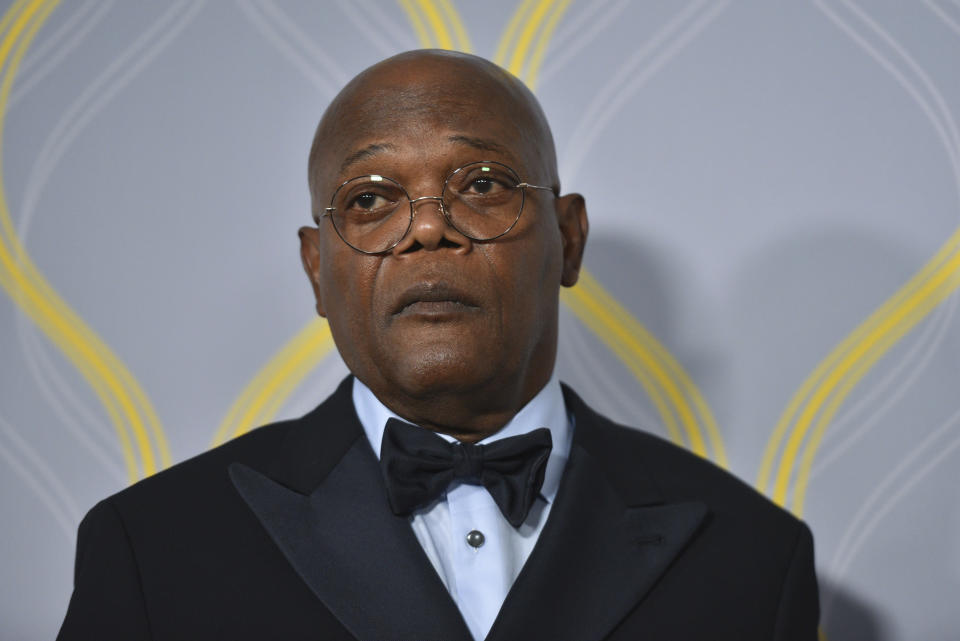
Many of Hollywood’s biggest names have slammed the Supreme Court’s majority decision to overturn Roe v. Wade and end the protection of abortion access at a federal level. But some in Hollywood, like Samuel L. Jackson, are also looking deeper into the concurring opinions in the case of Dobbs v. Jackson Women’s Health, particularly one written by Justice Clarence Thomas.
While Thomas joined Justice Alito’s majority opinion that overturned Roe v. Wade and Planned Parenthood v. Casey, he also wrote a concurring opinion that went much further (so much so that none of the other justices joined it, and Justice Brett Kavanaugh seemed to specifically distance himself from it in his own concurring opinion).
More from IndieWire
Thomas used the concurrence to air his grievances with substantive due process, a legal idea that says certain rights can and should be protected by courts, even if not specifically enumerated in the Constitution. The idea of substantive due process allowed abortion to remain protected for nearly 50 years despite not being mentioned in the Constitution or explicitly legalized in a federal statute.
Thomas, an outspoken originalist who believes in literal textual readings of laws, now believes that the same logic that led to Roe v. Wade being overturned should lead to other landmark substantive due process cases being revisited.
“In future cases, we should reconsider all of this Court’s substantive due process precedents, including Griswold, Lawrence, and Obergefell,” Thomas wrote in his concurring opinion, later saying that “we have a duty to ‘correct the error’ established in those precedents.”
Many found that section to be particularly alarming, given the cases he mentions represent fundamental parts of American life that many take for granted. Griswold v. Connecticut established that adults have the right to use contraceptives, Lawrence v. Texas established that it is illegal to punish people for homosexual activity, and Obergefell v. Hodges legalized same-sex marriage on a national level.
His opinion has provoked plenty of outrage, including from Samuel L. Jackson, who called out the decision (and some apparent hypocrisy behind it) in a tweet on Friday.
How’s Uncle Clarence feeling about Overturning Loving v Virginia??!!
— Samuel L. Jackson (@SamuelLJackson) June 25, 2022
Jackson referenced Loving v. Virginia, a case that utilized substantive due process to legalize interracial marriage. The “Pulp Fiction” star appeared to call Thomas out for omitting the landmark case from the list of rulings that he wants to revisit. Clarence Thomas, a Black man, is married to Ginni Thomas, a white woman. To Samuel L. Jackson, the decision to exclude a case that directly benefits him suggests that Thomas is less interested in esoteric legal processes than he is in obtaining results that advance a reactionary agenda.
Best of IndieWire
Sign up for Indiewire’s Newsletter. For the latest news, follow us on Facebook, Twitter, and Instagram.




